In 2023, France’s unregulated iGaming scene raked in between €748 million and €1.5 billion in gross gaming revenue — that’s up to 11% of the market operating entirely outside the law, according to the National Gambling Authority. That’s a lost source of tax revenue, but it’s also a missed opportunity for innovation, player protection, and market growth. It could have been boosting the economy, but this untamed corner of iGaming fuels fraud and exploitation, consequently opening dangerous doors for money laundering and shady dealings.
Governments are taking notice, and fast. From Europe to Latin America, a global wave of stricter regulations is gaining momentum. For players, platforms, and policymakers alike, the rules of engagement are shifting. Here’s how.
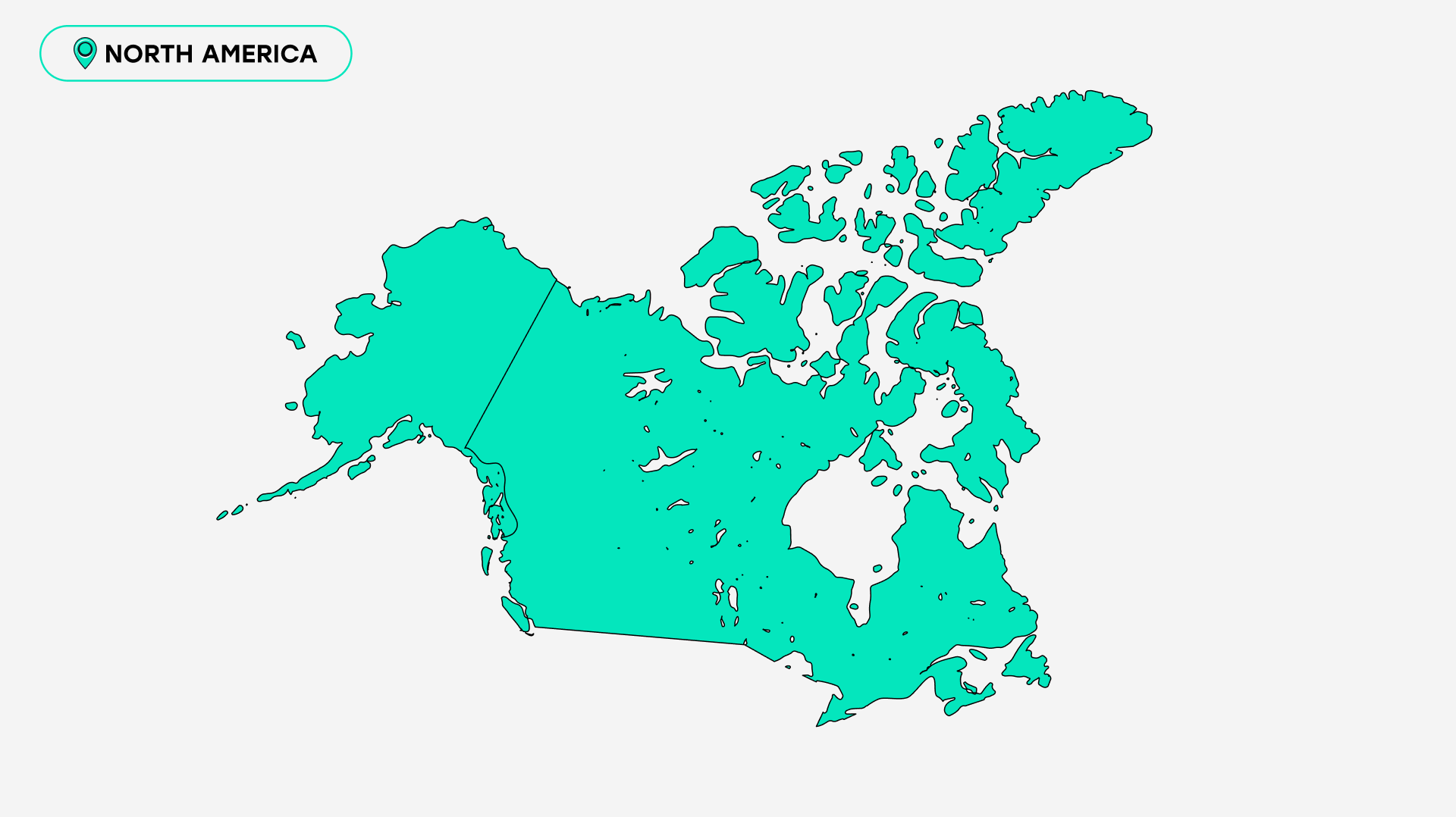
Let’s start with Canada, where the iGaming industry is steadily growing.
In Ontario, the leading hub for regulated iGaming, the market is managed by iGaming Ontario (iGO). This organization sets the rules for operators, issues licenses, and ensures compliance with provincial standards. Ontario’s regulated market has attracted over 40 operators.
As of 2025, iGO plans to implement a centralized self-exclusion system. This system will allow players to block themselves from accessing any licensed online casino for a specified period (e.g., one week to five years), manage their account preferences, and control their registrations across all platforms. The goal is to strengthen player protection and promote responsible gaming.
While the exact requirements for operators have not been finalized, this system is expected to make the market safer for players. However, it could mean additional compliance efforts to meet these new standards for operators.
In the U.S., iGaming is less a single market and more a sprawling mosaic of rules, ambitions, and caution tape. Over 30 states have legalized some form of online betting, but what’s allowed, how it’s taxed, and who gets to play still depends entirely on your ZIP code.
New York is finally showing its teeth. In mid-2025, Attorney General Letitia James issued cease-and-desist letters to more than two dozen sweepstakes casino platforms operating without a license. The message landed: the grace period for gray market operators is over. Meanwhile, on the legislative front, online casino legalization is picking up speed. If bills like S2614 pass the Senate, New York could swiftly jump into the top tier of regulated iGaming states, bringing serious weight and tax revenue with it.
New Jersey isn’t coasting on its early lead. It recently banned sweepstakes-style platforms altogether and bumped the iGaming tax rate to 18%, linking the extra funds directly to responsible gambling initiatives. Perhaps more importantly, the state streamlined self-exclusion by removing in-person hurdles and allowing people to register online. Pennsylvania is also tightening its grip. After BetMGM allowed self-excluded users to keep betting, regulators handed down a $261,000 fine. The state is also considering a full ban on credit card deposits, adding to a growing set of financial safety nets for users.
The U.S. might still lack a national framework, but state by state, the tone is shifting. Compliance isn’t optional, player protection is climbing the priority list, and the bar for operators is rising. Slowly but unmistakably, the Wild West era of American iGaming is losing ground.
On a national level, the Responsible Gaming Coalition (RGC), established in 2024, aims to extend these protections across the country in 2025.
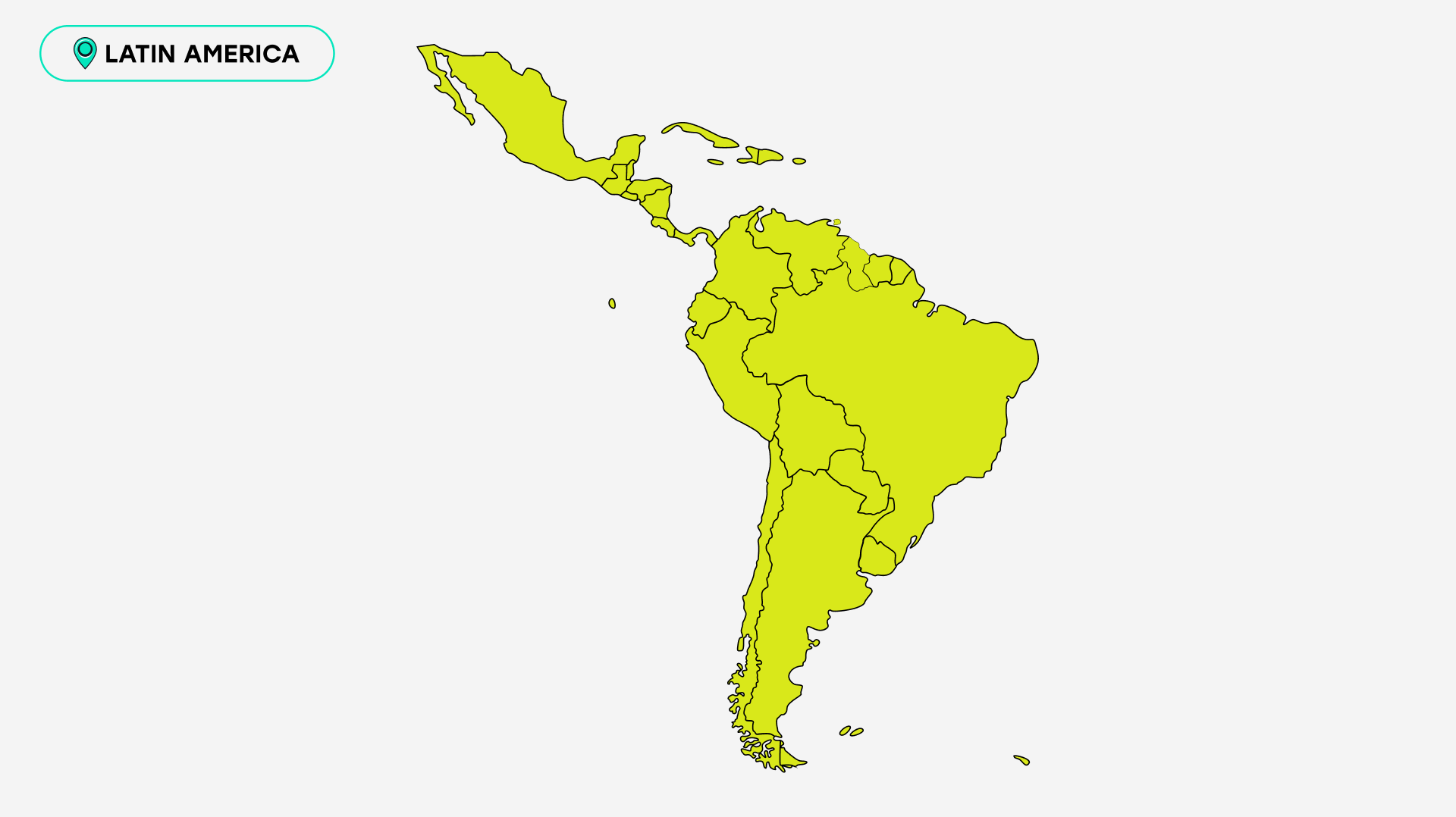
Mexico has been slow to regulate its iGaming industry. For now, most land-based casinos are regulated, while iGaming remains a gray area.
Online platforms and sports betting operators currently rely on licenses for brick-and-mortar casinos instead of having their own.
By the end of 2025, the government is expected to review this system and introduce clear rules for digital platforms, potentially leading to significant changes in the industry.
Things are looking brighter for Brazil’s government.
Since January 2025, all iGaming operators have been required to have licenses. Those operating without one will face heavy fines. Unlicensed operators will face severe penalties. Licensing will bring substantial, previously untapped revenue into the government’s coffers.
A 15% tax (IRPJ) will also be introduced for iGaming businesses, with the funds allocated to public programs such as education and healthcare.
Operators will be required to verify player identities and implement anti-money laundering measures. These measures will create a safer environment for both players and the industry.
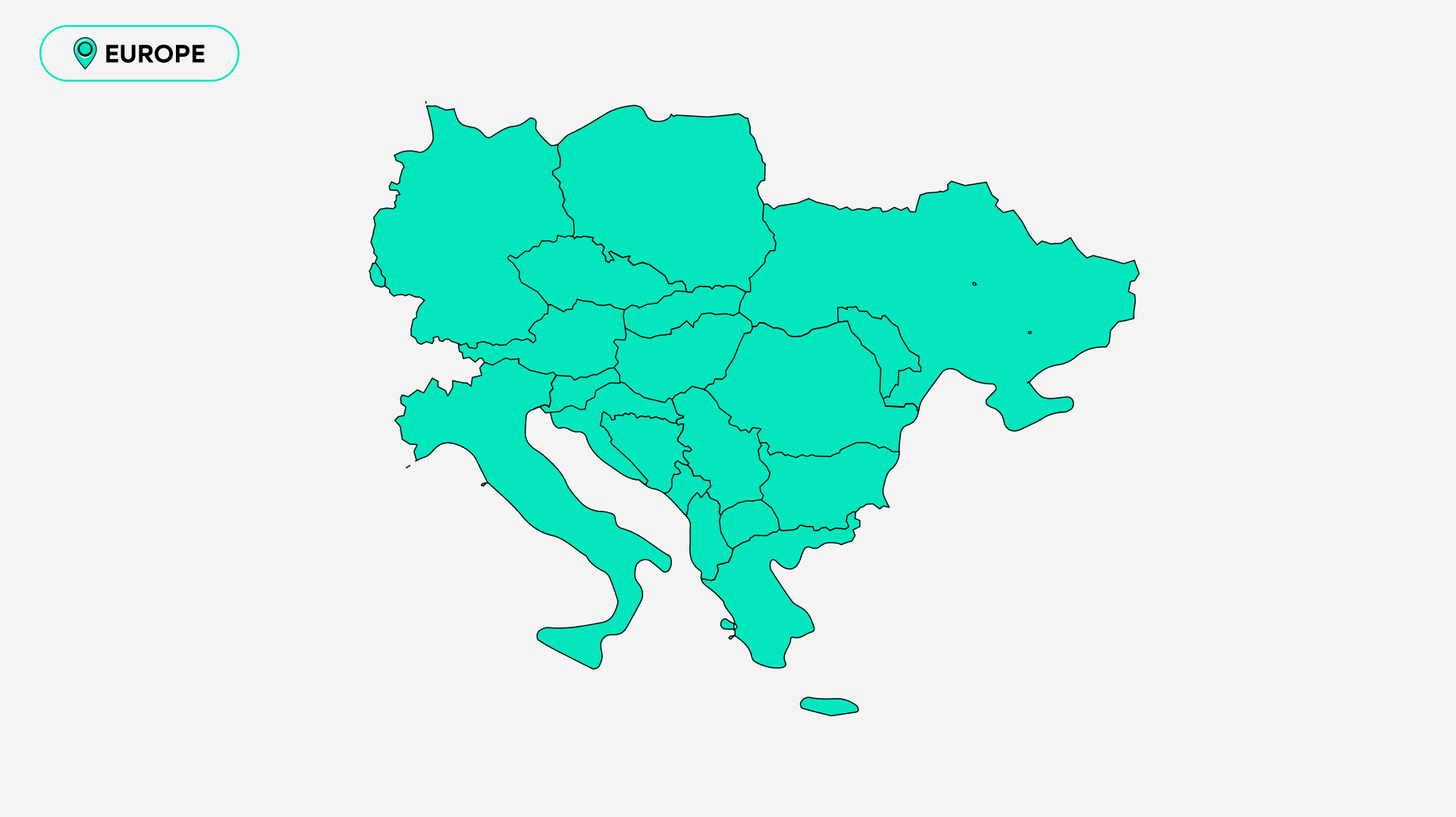
Let’s move to Europe — the center of regulation for EVERYTHING.
As expected, Germany is at the forefront of iGaming regulation. Germany’s State Treaty on Gambling (GlüNeuRStV), overseen by the Joint Gambling Authority (GGL), is establishing new standards for online gaming. As of late 2025, Germany's advertising restrictions on online gambling remain in effect, following the guidelines established by the Interstate Treaty on Gambling (GlüStV) that came into force in July 2021. Additionally, Google introduced stricter advertising policies in September 2024. Only GGL-licensed advertisers can bid, and illegal providers have largely disappeared from search results. With over 54 licensed operators and annual revenues exceeding €400 million from the 5.3% slots and poker stake tax, Germany is demonstrating that regulation can drive growth. However, some operators argue that the tax level puts them at a competitive disadvantage.
Sweden’s Spelinspektionen doesn’t mess around. With over 100 licensed companies, gambling revenue in the first three quarters of 2023 reached $1.8 billion, demonstrating a positive upward trend. As of mid-2025, the industry must adopt a new B2B licensing system to shut down illegal providers, clamp down on influencer-led ads (especially from Twitch), and enforce penalties on payment providers that facilitate unregulated platforms. Player protection will also improve, with stricter monitoring of risky behaviors and tighter restrictions on bonuses.
Sweden is cracking down on payment companies that work with unlicensed casinos. Recent efforts include increased scrutiny of transactions and penalties for companies found to be violating the law, ensuring a safer and more transparent market.
Ah, France, the land of fine wine, baguettes, and a bustling underground iGaming market worth up to €1.5 billion.
Currently, France’s market, overseen by the National Gambling Authority (ANJ), is limited to sports betting, poker, and lotteries. The government is exploring the legalization of iGaming platforms and online casinos, in 2025 to combat the black market and generate additional revenue.
Strict anti-money laundering (AML) rules and advertising restrictions are already in place. In 2024, new measures were introduced, including performance reporting requirements for operators and increased penalties for violating advertising or compliance regulations. These steps highlight France’s commitment to stronger oversight and player protection.
And finally, the royal guard…
In 2024, the UK government announced reforms based on the “High Stakes” white paper. In early 2025, new rules included financial checks for players spending over £125 monthly, limits on advertising to protect vulnerable groups, and a mandatory levy for research and problem betting treatment.
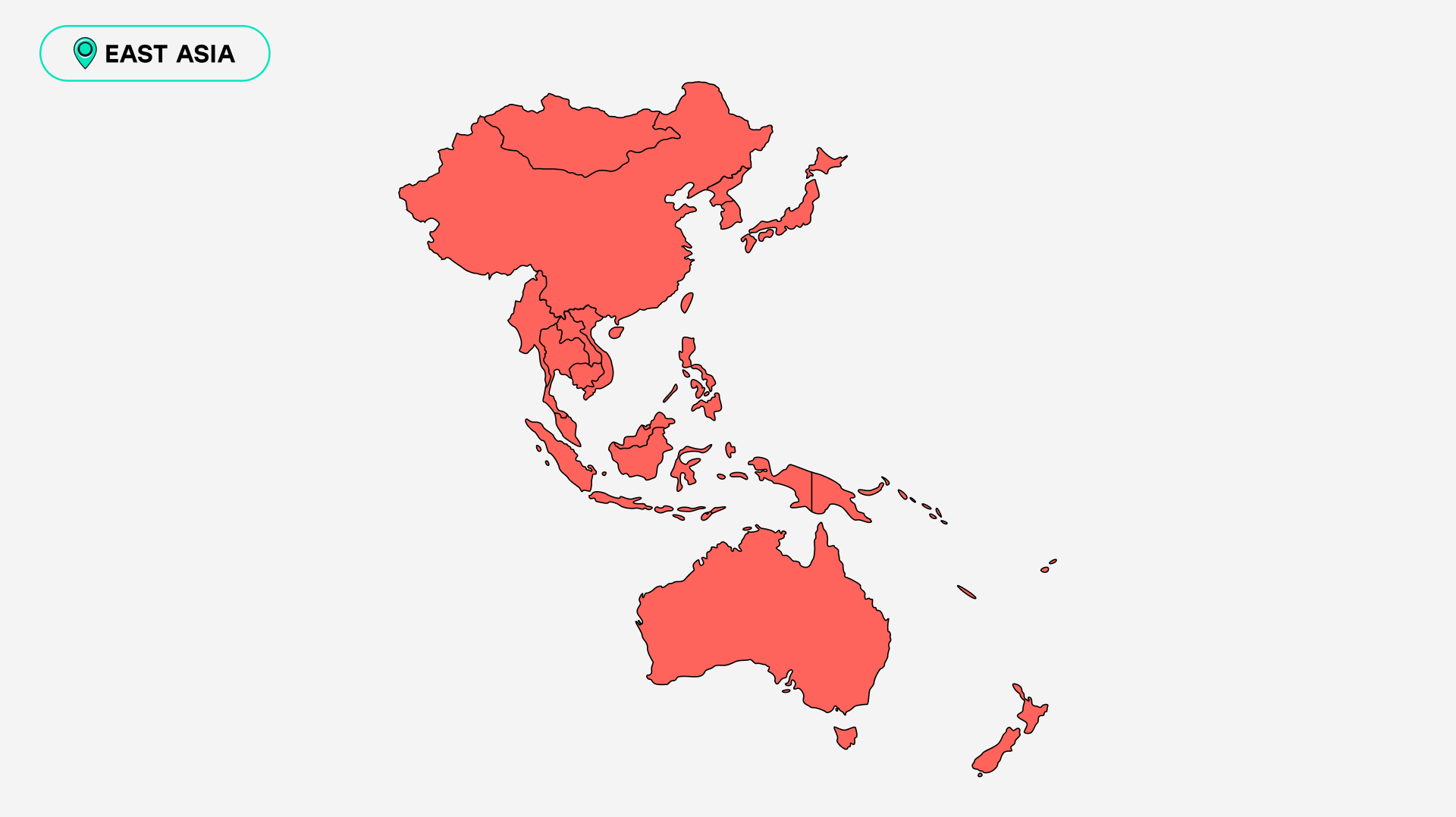
Japan is leading the charge in the Pacific, but not in the way online operators might hope. Integrated Resorts development is racing ahead in Osaka, where MGM Osaka broke ground in April 2025, and a second round of bids for the remaining licenses is expected soon. While the casino build-out moves forward, regulators are cracking down hard on offshore platforms, urging international partners to block access in hopes of shielding players from fraud and exploitation. The future of online regulation remains murky, but Japan is preparing its ecosystem before considering virtual doors.
Australia is tightening the belt, focusing mainly on sports betting. The Australian Communications and Media Authority (ACMA) has blocked over 800 unlicensed platforms since 2017.
In 2024, ACMA introduced new rules banning iGaming ads during sports events from 6 a.m. to 8:30 p.m. These restrictions have now been fully enforced as of mid-2025.
Recent updates also address loot boxes and in-game purchases. Now, such games will have age restrictions of 15+ or 18+. In addition, the government has introduced other measures to combat gambling addiction, such as a ban on the use of credit cards for online betting and the creation of a national self-exclusion registry.
In China, sports betting is the only legal form of wagering. All other types of iGaming are banned, and violations entail strict penalties.
China plans to strengthen its efforts against illegal platforms by collaborating with the Association of Southeast Asian Nations (ASEAN). This collaboration will focus on identifying and shutting down unlicensed operators and improving cross-border cooperation to disrupt illegal casino networks.
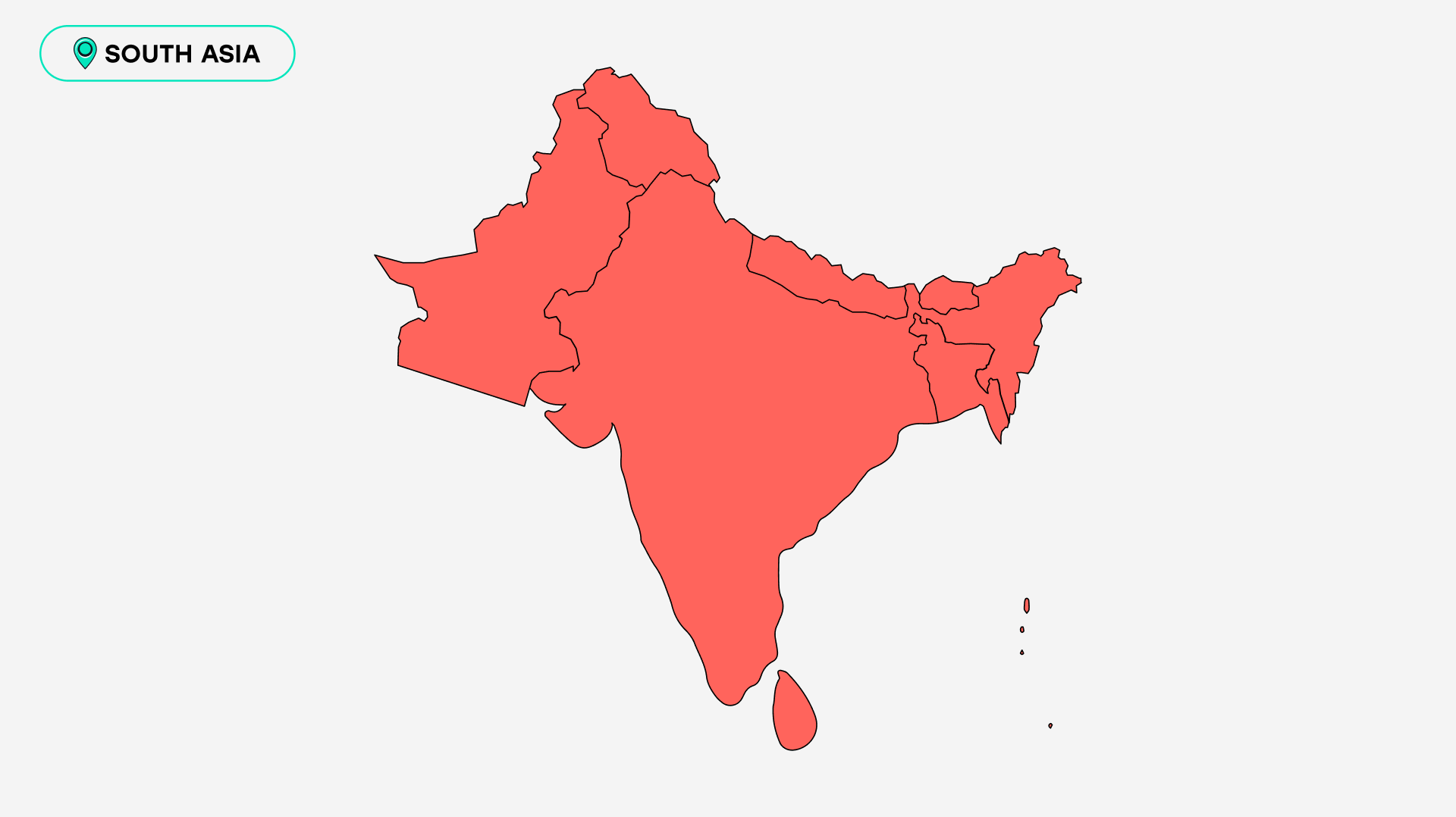
India’s iGaming market is expanding rapidly. It was valued at $2 billion in 2023 and is expected to exceed $3 billion by the end of 2025.
Like in the U.S., regulations vary widely between states. For instance, rummy and fantasy sports are legal in states such as Karnataka and Tamil Nadu, while real money games remain banned in others.
The Ministry of Electronics and Information Technology started working on a unified framework to tackle issues like fraud and inconsistent rules in 2024. In 2025, India is to keep clarifying distinctions between laws governing skill-based games and iGaming, creating more structured regulations for the growing market.
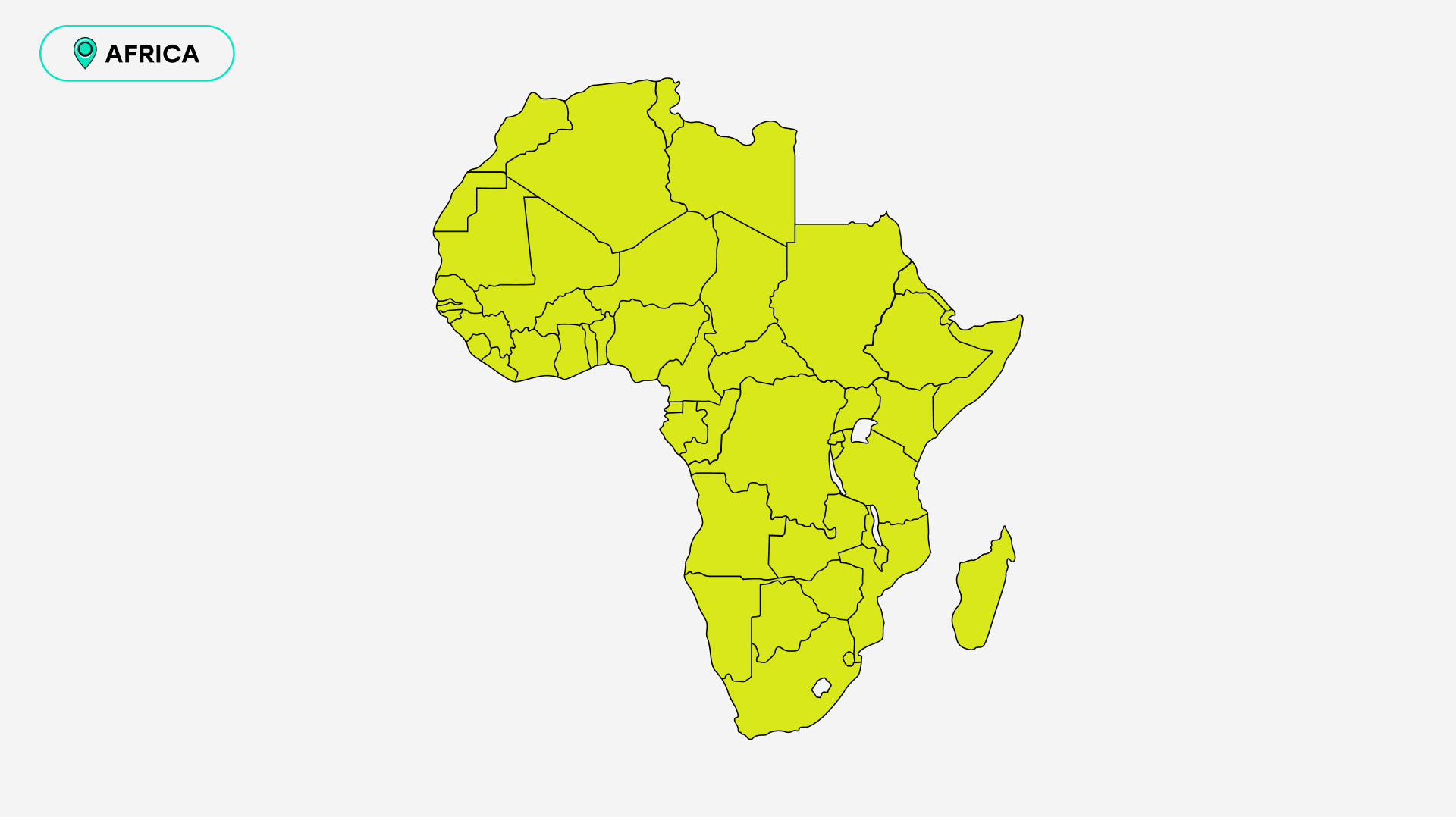
The National Gambling Board (NGB) regulates iGaming in South Africa, primarily focusing on industry standards and consumer protection rather than strict enforcement. While online sports betting is legal and thriving, other forms of iGaming, such as online casinos and poker, are not yet regulated.
In 2024, legislators introduced the Remote Gambling Bill (B11-2024) to change this. The bill proposes giving provinces more control over licensing, advertising, and player protections. If the bill is passed, fully regulated online casinos could start operating already in 2025. This potential legalization could generate over $400 million annually in tax revenue and unlock significant market potential.
Nigeria’s iGaming market is growing rapidly, driven by a young population and widespread mobile access.
The National Lottery Regulatory Commission (NLRC), along with state agencies, oversees the industry. However, the country lacks a unified system to regulate iGaming.
The Supreme Court ruled in November 2024 that lottery regulation lies with state governments, not national, invalidating the NLRC’s authority outside the FCT. In March 2025, the Central Gaming Bill passed its second reading, aiming to establish a federal gaming commission, although it faces constitutional hurdles. Meanwhile, Lagos leads the charge with a Universal Reciprocity License system, simplifying state licensing.
The Betting Control and Licensing Board (BCLB) is responsible for regulating Kenya’s growing iGaming sector.
Betting companies in Kenya are subject to multiple taxes and fees, including a 15% tax on gross gaming revenue, a 30% corporate tax on profits, and a 16% income tax. Additionally, they must pay annual licensing and compliance fees.
In April 2025, Kenya pulled the plug on betting ads for 30 days. No spots on TV, no influencer promos, no radio jingles to curb misleading promotions and protect minors.
By June, regulators introduced a permanent framework that required at least 20% of advertising space to be devoted to responsible gaming messages, and bans on celebrity or influencer endorsements were implemented. Ads also require pre-approval from both the BCLB and the Kenya Film Classification Board.
As you can see, governments around the world are finally stepping in with updates that bite. But! There’s also a big push to make things safer for players. And with tax changes in countries like Brazil and South Africa, more of that gaming revenue might finally go where it should — into healthcare, education, and public services.
The industry is growing up. Changes are good because they drive the dynamics of the industry, along with our brains, and help make it more flexible and compliant. However, it also raises a question: will these changes create a better experience for players or merely add more red tape for platforms?
